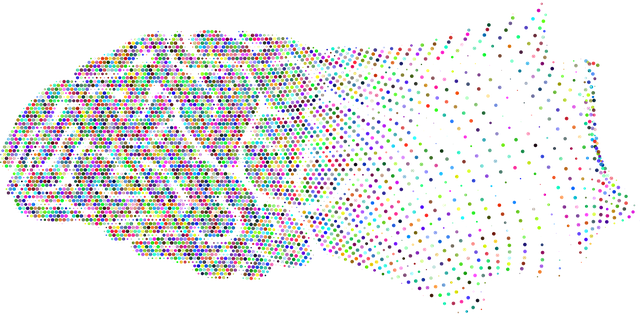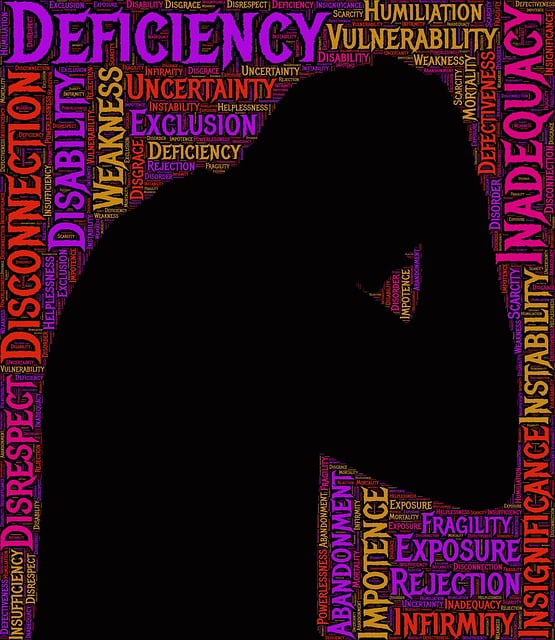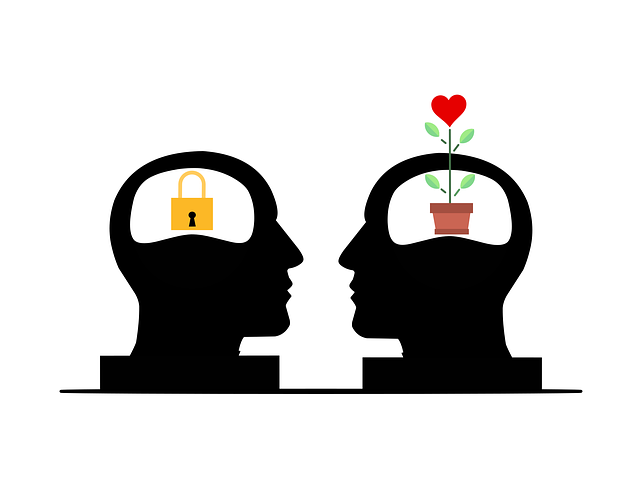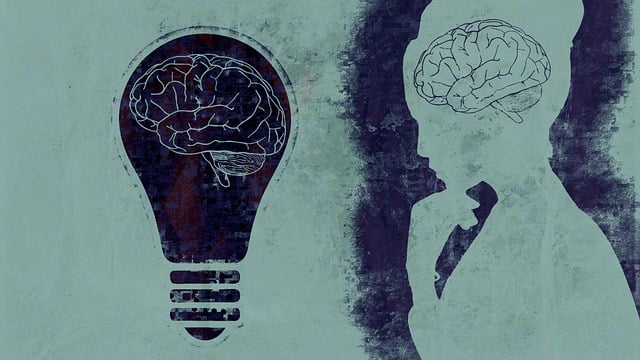Emotional Intelligence (EQ) is a powerful tool for managing Centennial Obsessive Compulsive Disorder (OCD), offering self-management and recovery through emotion understanding and regulation. Key EQ development strategies include self-awareness practices like journaling, mindfulness, and therapy, social skills training, and mental health professional guidance. Integrating these into daily life, alongside self-care routines, community outreach, and podcasts, enhances mental well-being for OCD therapy. This holistic approach, including healthcare provider cultural competency training, cultivates resilience and stress management for better mental health outcomes.
Emotional intelligence (EQ) is a powerful tool for navigating life’s complexities. Understanding and cultivating EQ can significantly impact mental health, fostering resilience and healthy relationships. This article delves into the intricate link between emotional intelligence and well-being, exploring strategies to enhance EQ through practical tips and the supportive role of therapy. Learn how, by integrating these insights, you can transform your daily life, even managing conditions like Centennial Obsessive Compulsive Disorder (OCD) more effectively.
- Understanding Emotional Intelligence and its Significance
- Unraveling the Connection between EQ and Mental Health
- Strategies for Developing Emotional Intelligence
- The Role of Therapy in Enhancing Emotional Intelligence
- Practical Tips for Integrating EQ into Daily Life
Understanding Emotional Intelligence and its Significance

Emotional intelligence (EI) is a powerful concept that has gained significant traction in recent years, especially within the context of mental health and wellness. It refers to the ability to recognize, understand, and manage one’s own emotions, as well as empathize with others’ feelings. This skillset goes beyond mere self-awareness; it encompasses effective communication, social skills, and the capacity to build strong relationships. In today’s fast-paced world, where stress and mental health challenges are prevalent, cultivating emotional intelligence is more crucial than ever.
For individuals dealing with conditions like Centennial Obsessive Compulsive Disorder (OCD) therapy, EI serves as a valuable tool for self-management and recovery. It enables them to navigate the complexities of their emotions, break free from repetitive cycles, and foster healthier interactions with themselves and others. Risk Management Planning for Mental Health Professionals often emphasizes the importance of EI in delivering empathetic care. Additionally, Self-Care Routine Development for Better Mental Health encourages individuals to incorporate mindfulness practices and emotional awareness into their daily lives, which can be enhanced through mental wellness journaling exercises. This practice provides a safe space to explore emotions, track progress, and develop coping strategies, ultimately contributing to improved mental health and overall well-being.
Unraveling the Connection between EQ and Mental Health

Emotional intelligence (EQ) and mental health are intrinsically linked, with growing evidence suggesting that high EQ can act as a protective factor against various psychological disorders. For individuals struggling with conditions like Centennial Obsessive Compulsive Disorder (OCD) Therapy, enhancing emotional awareness and regulatory skills can be transformative. The journey towards better mental well-being involves understanding and managing one’s emotions, which are core components of EQ.
Community Outreach Program Implementation focusing on Mind Over Matter principles can play a significant role in promoting mental health literacy. By teaching individuals to recognize and control their emotional responses, these programs contribute to burnout prevention strategies for healthcare providers while also empowering people to navigate stress and anxiety more effectively. This holistic approach not only benefits those directly affected but creates a supportive network that fosters resilience and overall well-being.
Strategies for Developing Emotional Intelligence

Developing emotional intelligence (EQ) is a multifaceted process that involves several strategies. One key approach is self-awareness, which can be cultivated through regular introspection and mindfulness practices. By acknowledging and understanding one’s emotions, individuals with Centennial Obsessive Compulsive Disorder (OCD) can manage their responses more effectively. Journaling, meditation, and therapy sessions focused on emotional exploration are powerful tools to enhance self-awareness.
Additionally, social skills training and risk assessment for mental health professionals play crucial roles in EQ development. Engaging in open communication with others helps build strong interpersonal connections. Mental health professionals can guide individuals through exercises that foster empathy, active listening, and constructive feedback, thereby improving overall social interactions. These strategies, combined with self-esteem improvement techniques, contribute to a more balanced and emotionally intelligent mindset.
The Role of Therapy in Enhancing Emotional Intelligence

Emotional intelligence building involves navigating complex human experiences, and therapy plays a pivotal role in enhancing this critical skill set. Through specialized practices like compassion cultivation, which can be deeply integrated into therapeutic approaches, individuals learn to recognize and manage their emotions effectively. This is especially beneficial for those dealing with conditions such as Centennial Obsessive Compulsive Disorder (OCD), where stress reduction methods are essential components of treatment.
Healthcare provider cultural competency training also contributes to emotional intelligence by fostering an understanding of diverse perspectives and needs. By embracing these comprehensive approaches, therapy becomes a powerful tool not only for managing specific disorders but also for cultivating a deeper sense of self-awareness, empathy, and resilience—all hallmarks of high emotional intelligence.
Practical Tips for Integrating EQ into Daily Life

Integrating emotional intelligence (EQ) into daily life is a powerful step toward enhancing mental health and overall well-being. A practical approach to building EQ involves cultivating self-awareness, which can be achieved through regular reflection and journaling practices. Take time each day to acknowledge and process your emotions; this introspective habit fosters a deeper understanding of yourself and improves your ability to manage stress and navigate challenging situations.
Additionally, prioritizing self-care routines is essential for maintaining emotional balance. Engage in activities that replenish your mental energy, such as meditation, exercise, or pursuing hobbies. These practices not only promote relaxation but also provide an opportunity for self-discovery and personal growth. Furthermore, consider joining a community outreach program or participating in the production of a mental wellness podcast series. Collaborating with others on these initiatives can broaden your perspective, foster connections, and contribute to a sense of purpose, all of which are integral components of emotional intelligence.
Emotional intelligence (EQ) is a powerful tool for enhancing mental well-being, as evidenced by its positive correlation with improved mental health. By understanding and managing our emotions effectively, we can foster healthier relationships and navigate life’s challenges more adeptly. The strategies outlined in this article, coupled with the support of therapy for conditions like Centennial Obsessive Compulsive Disorder (OCD), offer practical paths to developing EQ. Integrating these techniques into daily routines encourages personal growth, fostering a more balanced and fulfilling life.












